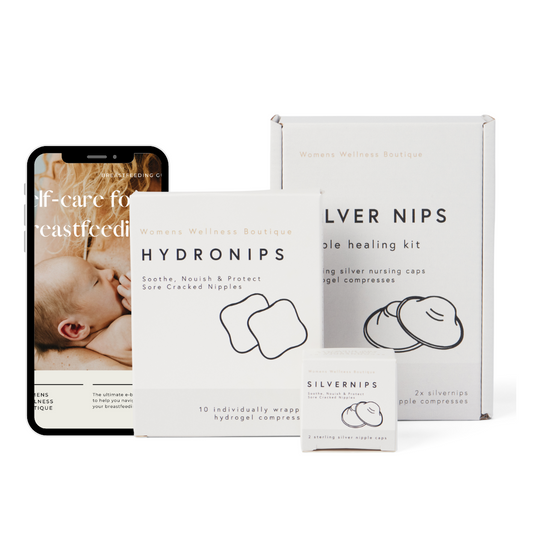Help! Is my C-section Scar Infected?
Ensuring the health of your surgical incision is crucial for a smooth recovery. It's important to recognise the early signs to ensure you seek prompt medical attention if necessary.
Recognising Infection Signs:
-
Redness and Swelling:
A healthy healing process may involve mild redness, but if it intensifies or is accompanied by swelling, it could be indicative of infection. Keep a watchful eye for any changes in the appearance of your scar.
-
Increased Pain or Tenderness:
While some discomfort is normal during the healing process, heightened pain or tenderness could suggest an underlying issue. Pay attention to any sudden increase in pain around the C-section scar area.
-
Unusual Discharge:
Discharge is a normal part of the healing process, but if you notice a change in color, consistency, or an unpleasant odor, it may be a sign of infection. Any yellow or green discharge should be promptly addressed.
-
Elevated Temperature:
A fever could indicate an infection. Monitoring your body temperature regularly during the initial weeks post-surgery is essential. If you observe a persistent fever, it's crucial to consult your healthcare provider.
-
Delayed Healing:
If your C-section scar seems to be healing at a slower pace than anticipated, it might be a cause for concern. Keep track of the healing process, and if there are any unexpected delays, seek professional advice
Examples of Infected Scars:
When to Consult Your Healthcare Provider:
If you notice any combination of the above signs or are unsure about the state of your C-section scar, it's advisable to contact your healthcare provider promptly. Timely intervention is crucial in preventing complications.
Prioritising the health of your C-section scar is essential for a smooth recovery. By staying vigilant and recognizing potential signs of infection, you can take proactive measures to safeguard your well-being. Remember, if in doubt, consult your healthcare provider for personalised advice.
Featured collection
-
 Sold out
Sold outCsection Scar Recovery Kit 2.0
Regular price $61.00 USDRegular priceUnit price per -
 Sold out
Sold outThe Ultimate Postpartum Planner
Regular price $20.00 USDRegular priceUnit price per$20.00 USDSale price $20.00 USDSold out -
Hydronips - Hydrogel Nipple Compresses
Regular price $11.00 USDRegular priceUnit price per -
 Sold out
Sold outBreastfeeding Nipple Recovery Kit
Regular price $55.00 USDRegular priceUnit price per







